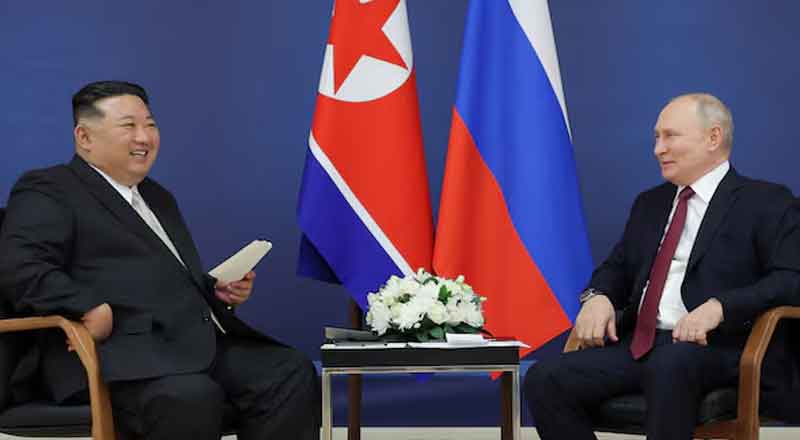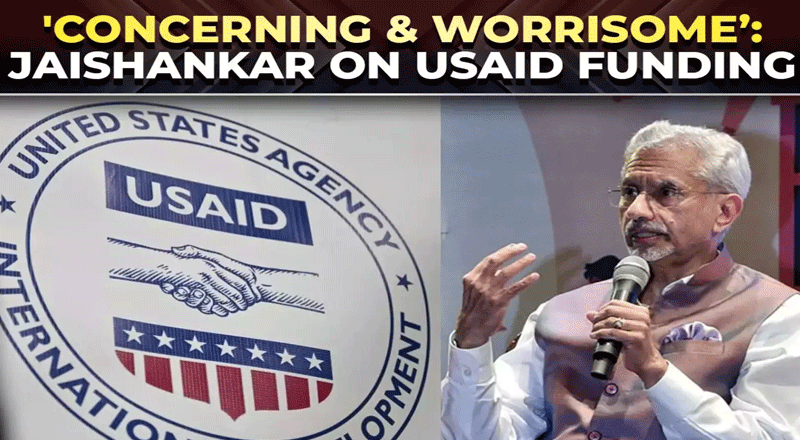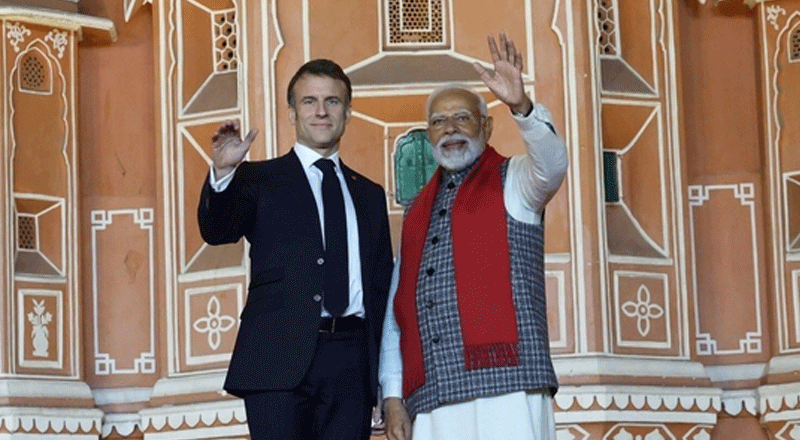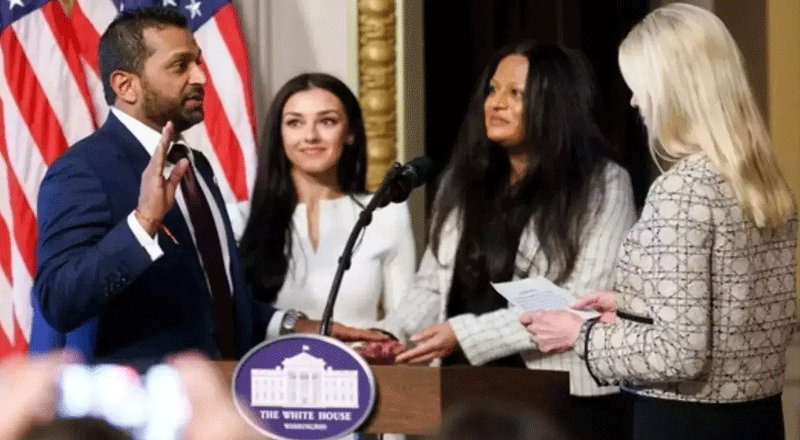- Putin to visit North Korea and Vietnam
- Putin last visited North Korea in 2000
- Russia and North Korea may sign partnership deal
- Trip underscores burgeoning partnership with Pyongyang
- U.S., South Korea warn against violating sanctions
Russian President Vladimir Putin’s upcoming visit to North Korea, the first in 24 years, underscores the deepening relationship between Moscow and Pyongyang amidst heightened global tensions exacerbated by Russia’s conflict in Ukraine. The visit, scheduled for Tuesday and Wednesday, follows an invitation extended by North Korean leader Kim Jong Un during his visit to Russia’s Far East last September. Putin’s last trip to Pyongyang was in July 2000, marking this upcoming visit as a significant diplomatic event.
According to Putin’s foreign policy adviser Yuri Ushakov, discussions during the visit may culminate in a partnership agreement encompassing various sectors, including security. Ushakov emphasized that this agreement aims to foster cooperation without targeting any specific country, aiming instead to outline mutual interests and strategic collaboration.
Accompanying Putin on this diplomatic mission will be key Russian officials, including Defence Minister Andrei Belousov, Foreign Minister Sergei Lavrov, and Deputy Prime Minister Alexander Novak. This high-profile delegation underscores the strategic importance Moscow attaches to its relations with North Korea.
In addition to his visit to North Korea, Putin’s itinerary includes a subsequent trip to Vietnam on June 19-20, part of Russia’s broader diplomatic engagements in the Asia-Pacific region.
Since the onset of the conflict in Ukraine, Russia has actively publicized its renewed ties with North Korea, causing apprehension among the United States and its allies in Europe and Asia. Washington has repeatedly accused North Korea of supplying military aid to Russia, allegations staunchly denied by both Pyongyang and Moscow.
U.S. State Department spokesperson Matthew Miller reiterated concerns about North Korea’s alleged involvement, citing transfers of ballistic missiles and munitions. The United States remains vigilant about potential implications for military capabilities and technological advancements in the region.
For Putin, the visit to North Korea serves multiple strategic objectives. It allows Russia to assert its presence in Asia, challenge Western dominance, and bolster its international stature amidst ongoing sanctions and diplomatic isolation. By engaging with Kim Jong Un, Putin also aims to undermine U.S.-led alliances in the region, presenting an alternative vision of global governance.
The United Nations Security Council, where Russia holds veto power, has imposed sanctions on North Korea since its first nuclear test in 2006. Despite these measures, Russia has advocated for a different approach, accusing Western powers of hindering North Korea’s economic and political development.
Jenny Town, an expert from the Stimson Center’s 38 North program, views Russia’s outreach to North Korea as part of a broader strategy to counterbalance Western influence. She suggests that beyond arms deals, Russia sees potential in North Korea as a partner in economic, agricultural, and technological cooperation.
South Korea has expressed concerns over the visit, fearing it may lead to increased military collaboration between Pyongyang and Moscow, which could violate UN resolutions. Seoul’s foreign ministry has stressed the importance of upholding international sanctions against North Korea to maintain regional stability.
Kim Jong Un’s hosting of Putin also carries domestic implications, bolstering his leadership legitimacy and enhancing North Korea’s standing among nations critical of the U.S.-led international order. The visit symbolizes a diplomatic triumph for Pyongyang amidst ongoing scrutiny of its nuclear ambitions and human rights record.
As Putin and Kim Jong Un convene, their discussions are poised to shape regional dynamics and global security strategies. Their dialogue will likely influence geopolitical alignments and alliances in the Asia-Pacific region and beyond, reflecting the evolving complexities of international relations in the 21st century.
(With inputs from agencies)





